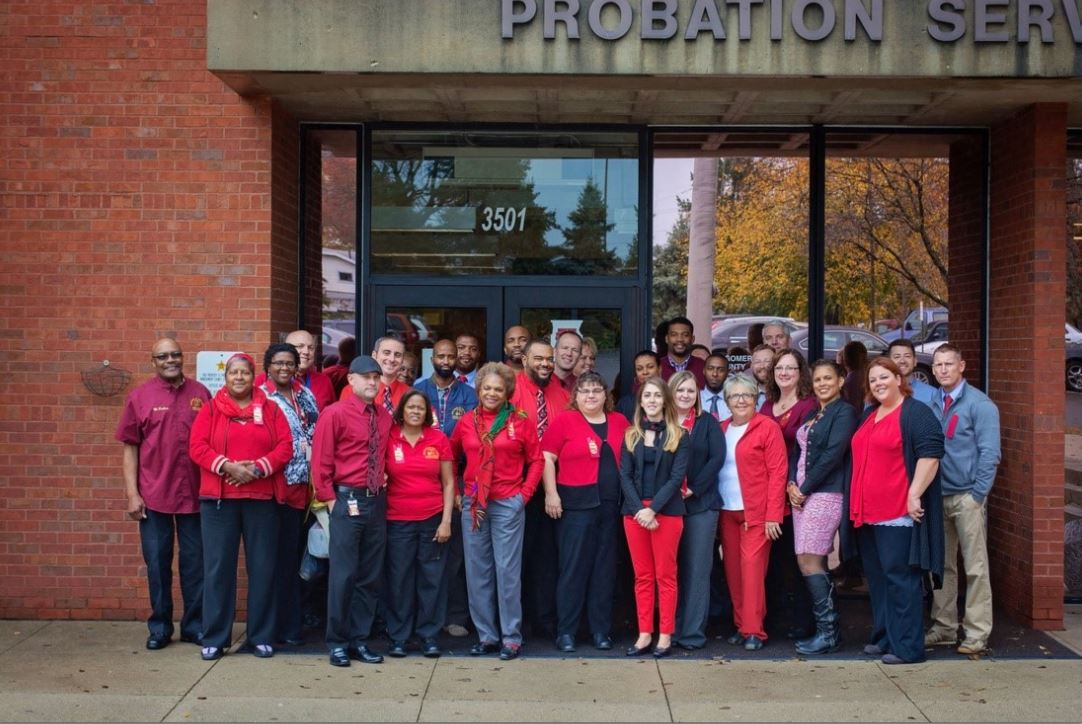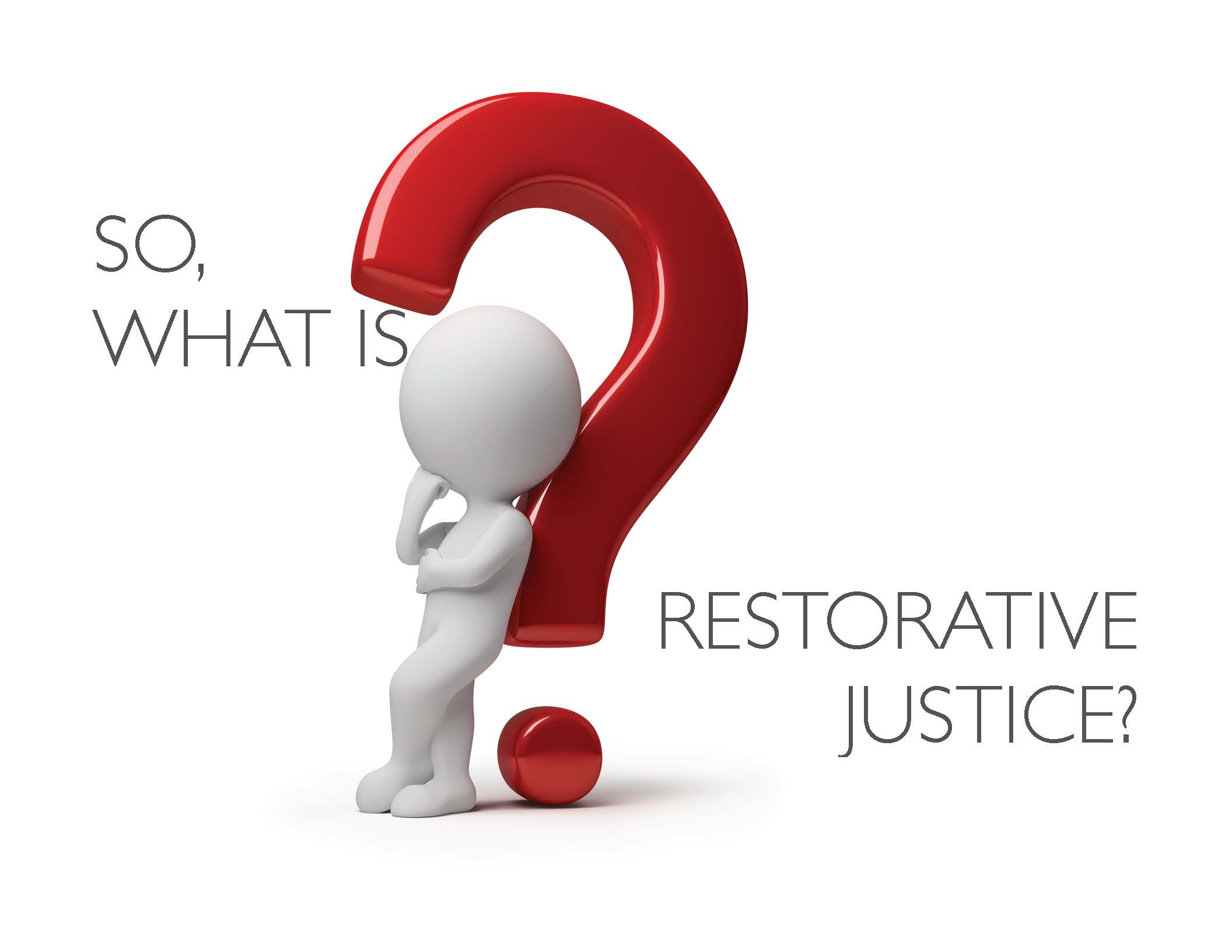How a trip to Germany opened a governor’s eyes on juvenile justice; News Roundup
By Anonymous, November 13 2015
 Every week Reclaiming Futures rounds up the latest news on juvenile justice reform, adolescent substance use treatment, and teen mental health.
Every week Reclaiming Futures rounds up the latest news on juvenile justice reform, adolescent substance use treatment, and teen mental health.
How a trip to Germany opened a governor’s eyes on juvenile justice (Fusion)
Last Friday Connecticut Governor Dannel P. Malloy argued to raise the age of Connecticut's juvenile justice system jurisdiction to 20 years old. Malloy's speech is one of the most high-profile statements made so far in the U.S. on how youth have a higher capacity for rehabilitation than adults, and so should be treated differently. He was inspired by a trip to Germany earlier this year - a country where anyone under 21 years old is treated as a juvenile rather than as an adult.

 Below you'll find a selection of the latest grants, jobs, webinars and events posted to our Opportunity Board. Please share the
Below you'll find a selection of the latest grants, jobs, webinars and events posted to our Opportunity Board. Please share the 
 Restorative justice is a paradigm that is distinct from criminal justice. Rather than asking traditional questions like “What law or rule was broken?,” Who broke it?,” and “What consequences or punishment do they deserve?,” restorative justice asks: “Who has been affected?,” “What are their needs?,” “Who has the obligation to address the needs, right the wrongs and restore the relationships?” It’s an effective approach that seeks to engage, heal and transform both the victims and the perpetrators of a crime simultaneously.
Restorative justice is a paradigm that is distinct from criminal justice. Rather than asking traditional questions like “What law or rule was broken?,” Who broke it?,” and “What consequences or punishment do they deserve?,” restorative justice asks: “Who has been affected?,” “What are their needs?,” “Who has the obligation to address the needs, right the wrongs and restore the relationships?” It’s an effective approach that seeks to engage, heal and transform both the victims and the perpetrators of a crime simultaneously. The following article was written by Fania E. Davis, Founding Director of
The following article was written by Fania E. Davis, Founding Director of  According to research conducted by
According to research conducted by  In the first two years of our work to advance new approaches to prevent and reduce substance use among youth and young adults, a key finding we often share surprises most people: Young people actually think health care practitioners should talk to them about alcohol and drugs.
In the first two years of our work to advance new approaches to prevent and reduce substance use among youth and young adults, a key finding we often share surprises most people: Young people actually think health care practitioners should talk to them about alcohol and drugs.